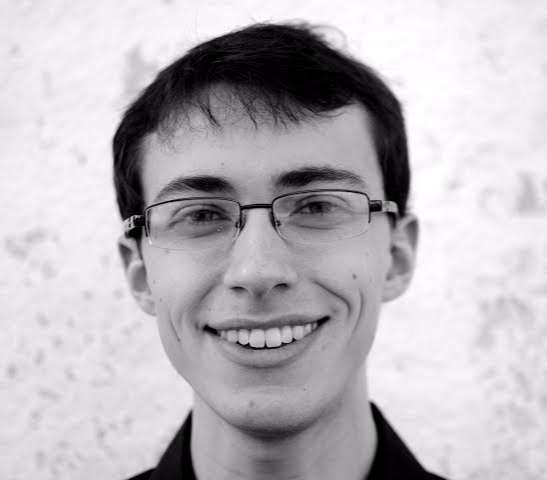Romanticism was on the menu as James Feddeck and the Chicago Symphony Orchestra performed a program headlined by Rachmaninov’s mammoth Symphony no. 2, joined by a novelty of Cesar Franck’s and Haydn’s entertaining Trumpet Concerto in E flat.
During this 125th anniversary season of the CSO, the programs have often included neglected works from the orchestra’s performance history. This evening, Franck was the composer plucked from the archives, with his symphonic poem Les Éolides. This early work is heavily influenced by Wagner, especially in its Tristan-like phrase fragmentation. If derivative, this breathiness is nonetheless quite apt for a piece about a spring breeze. The CSO expressed the sighing motifs well, making for an evocative interpretation.
Sandwiched between the two Romantic works was Haydn’s Trumpet Concerto. Chris Martin provided a confident rendition of this classical staple. Oddly, the number of players in the orchestral accompaniment was rather large considering the composer. Despite this, Martin’s clarity of tone and pure vocal phrasing made for a very pleasing performance that was balanced just fine. Feddeck and the CSO handled Haydn’s deceptively difficult writing well, providing a sensitive foundation for Martin. Highlights from Martin included a bravura cadenza in the first movement and an abundantly fun finale, sprightly articulation at the fore.
Relatively lightweight programming in the first half was balanced by Rachmaninov’s monumental Second Symphony after the intermission. Feddeck provided strong leadership in a difficult work steeped in the hallmarks of Romanticism, including ever-shifting tempos and lush textures to mold. The lengthy first movement, a study in tension, release and delayed gratification (Rachmaninov takes his time reaching climactic moments), was meted out well by Feddeck and the CSO. The duet of Scott Hostetler on the English horn and concertmaster Robert Chen provided plaintive beauty on the individual scale. If the first movement is on the drawn out side, the second movement, a vivacious scherzo, is sure to energize. Feddeck was particularly effective in the driving moments of the symphony, conducting crisply and engaging each appropriate orchestral section. In the second movement’s lyrical section, the CSO strings added a truly lovely amount of portamento, sliding between certain notes to create a poignant moment.
Touching as the second movement was, it was the third movement that took the cake for sheer Romanticism. The violins spun a glorious sound in their love theme, developed over the course of the movement to ecstatic heights. Before the music became overly lush however, John Bruce Yeh shared a beautiful, expansive clarinet solo near the beginning, setting the stage for the intensity to come. Later in the movement came a masterful collection of solos from the quartet of Chen, principal horn Daniel Gingrich, and guest principals of the flute and oboe, Mark Sparks and Elizabeth Koch Tiscione, respectively. Each played the love theme in an original way, helped along by the individual timbres of their unique instruments. Tiscione shared a particularly beautiful, blossoming line. The adagio was perhaps so gorgeous that Rachmaninov couldn’t help but return to its music in the finale of the symphony. Beyond this reminiscence however, the fourth movement is an exciting conclusion, filled with dance music, power, and a thrilling coda. The CSO brass led the charge to the end – if they were perhaps a little heavy-handed in their playing, one can forgive the excess. Rachmaninov demands a passionate approach, after all.


